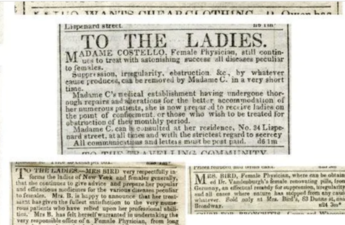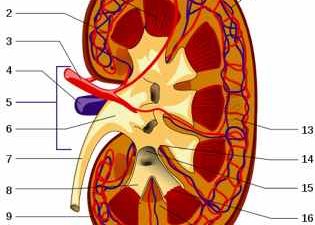Category: Ethics
Several companies are testing brain implants – why is there so much attention swirling around Neuralink? Two professors unpack the ethical issues
Putting a computer inside someone’s brain used to feel like the edge of science fiction. Today, it’s a reality. Academic and commercial groups are testing “brain-computer interface” devices to enable people with disabilities to function more independently. Two two scholars at the University of Washington School of Medicine – Nancy Jecker, a bioethicst, and Andrew Ko, a neurosurgeon who implants brain chip devices – discuss the ethics of this new horizon in neuroscience.
Experts Debate the Risks of Made-to-Order DNA
By one expert’s estimate, perhaps 30,000 scientists worldwide have the skills to build a strain of pandemic influenza, provided they can find someone to synthesize the DNA for them. The consequences of unleashing such a pathogen could be catastrophic.
The ethics of brain-computer interfaces lag behind the science, write a philosopher and a neurosurgeon from UW.
Researchers are exploring nonmedical brain-computer interface applications in many fields, including gaming, virtual reality, artistic performance, warfare and air traffic control.
What is ethical animal research? A scientist and veterinarian explain
Federal research agencies follow guiding principles in evaluating the use and care of animals in research.These principles are summarized by the “3 R’s” of animal research: reduction, refinement and replacement. The 3 R’s encourage scientists to develop new techniques that allow them to replace animals with appropriate alternatives.
Hospital Investigated for Allegedly Denying an Emergency Abortion After Patient’s Water Broke
The case involves a woman whose water broke early in her pregnancy, but the hospital refused to let doctors perform an abortion. She eventually sought medical help outside the state.
Abortion decision cherry-picks history – when the US Constitution was ratified, women had much more autonomy over abortion decisions than during 19th century
As a medical procedure, abortion was widespread in Colonial and 18th-century America. By using more or less safe techniques, midwives and medical practitioners performed many types of operations on their patients. The woman could easily die, of course; but when she sought an abortion, no social, legal or religious force would have blocked her.
Abortion Bans May Add to Uncertainty Over Embryo Donation
Some researchers and lawyers are worried that laws banning abortion could affect embryo donation.
What is medical abortion?
Tthree medical experts to answer your questions about medication abortions.
After Leaked Roe Ruling, GOP Weighs Stricter Abortion Bans
GOP officials in at least eight states—Arkansas, Florida, Idaho, Indiana, Montana, Nebraska, South Carolina and South Dakota—have called for special legislative sessions to consider new abortion restrictions.
Abortion has been common in the US since the 18th century – and debate over it started soon after
From the nation’s founding through the early 1800s, pre-quickening abortions – that is, abortions before a pregnant person feels fetal movement – were fairly common and even advertised.
The Fractious Evolution of Pediatric Transgender Medicine
Pediatric transgender medicine is a new field with a lot of questions yet to be answered by science. What is the long-term impact of blocking puberty on a young person’s health? Can practitioners correctly determine which youngsters will still identify as trans when they are adults? Do the psychological assessments contribute to children’s suffering by delaying access to puberty blockers and hormones? Why has the number of teens coming forward to receive transgender medical care, particularly those assigned female at birth, risen so dramatically in recent years?
Can an equation be racist?
Medical algorithms that correct for gender, age, comorbidities, and race span specialties from nephrology to cardiology to pediatrics to obstetrics. Such calculators help guide practitioners in daily decisions about everything from drug dosages to surgery to organ transplants. But race modifiers especially raise problems, since race is often an imprecise proxy for actual ancestry.
Medical errors keep killing patients – Here’s how to reduce the death toll.
It’s estimated that up to 400,000 Americans die every year from medical mistakes.
Organ Centers to Transplant Patients: Get a Covid Shot or Move Down on Waitlist
A growing numbers of transplant programs have chosen to either bar patients who refuse to take the widely available covid vaccines from receiving transplants, or give them lower priority on crowded organ waitlists.
Dying on the Waitlist
A key reason lifesaving ECMO is being rationed in the U.S. is a lack of regional coordination.













